Natural Burials: Embracing Tradition - Exploring the Jewish Connection
Burials have always held a special place in Jewish tradition. Rooted in ancient rituals and beliefs, Jewish burials have been a symbol of respect, reverence, and a profound connection to both the departed and the earth. However, there's a growing movement within the broader burial community – the embrace of natural burials. But how do these contemporary natural burials relate to traditional Jewish burials, and are there any differences worth noting?
A Traditional Foundation
Before delving into the world of natural burials, let's first understand the essence of Jewish burials. At its core, a Jewish burial is rooted in respect for the deceased and the belief that the body, as a vessel for the soul, should return to the earth in as natural a state as possible.
Natural Burials: The Green Connection
Natural burials, often described as "green burials," echo this ancient reverence for the earth. These contemporary burials are characterized by a commitment to environmental sustainability and a desire to minimize the ecological impact of the interment process.
So, how are natural burials synonymous with Jewish burials, and what differences, if any, exist between the two?
Common Ground Between Natural and Jewish Burials
Minimal Embalming: Both natural and Jewish burials tend to eschew or minimize the use of embalming fluids. In Jewish tradition, embalming is not typically practiced, as it's seen as a departure from the belief in a natural return to the earth. Similarly, natural burials prioritize minimal or no embalming, aligning with the same principle.
Simple Caskets: Traditional Jewish caskets are typically made of wood and are simple in design. In natural burials, simplicity is also a hallmark. Coffins or shrouds made from biodegradable materials like wood, bamboo, or cloth are favored. In both cases, the idea is to facilitate a natural decomposition process.
Eco-Friendly Approach: Natural burials, by definition, embrace eco-friendliness. They avoid non-biodegradable materials like metal and often forgo concrete grave liners or vaults. Similarly, Jewish burials are designed to have minimal environmental impact, adhering to the ancient idea of returning to the earth without barriers.
Points of Distinction
While the overlap is evident, there are some distinctions worth noting:
Religious Significance: Jewish burials hold deep religious significance and are guided by centuries-old customs. The presence of a Jewish community and the involvement of a rabbi in the burial process are often integral. Natural burials, while environmentally conscious, may not necessarily involve specific religious rituals or clergy.
Cemetery Selection: Jewish cemeteries are consecrated grounds with distinct rules and regulations. Traditional Jewish burials are often carried out in dedicated Jewish cemeteries. In contrast, natural burials can take place in dedicated natural burial grounds or even within non-denominational cemeteries, allowing for a broader choice of location.
Memorialization: Jewish burials usually include specific traditions for marking the gravesite, such as the placing of stones. In natural burials, memorialization options may be more flexible, with some families choosing to plant native trees or wildflowers as living memorials.
Embracing Tradition and Sustainability
In essence, natural burials share many principles with traditional Jewish burials, particularly in their emphasis on eco-friendliness and returning to the earth naturally. Both approaches align with a profound respect for the deceased and the environment.
For those seeking a deeper connection to Jewish tradition while also embracing sustainability, many Jewish cemeteries now offer sections or options for natural burials. This harmonious blend allows individuals and families to honor their heritage while also contributing to a greener, more environmentally conscious world.
In the end, whether through a traditional Jewish burial or a natural burial, the core values of respect, reverence, and connection endure, reminding us of the enduring bond between the departed, the living, and the earth we all share.

